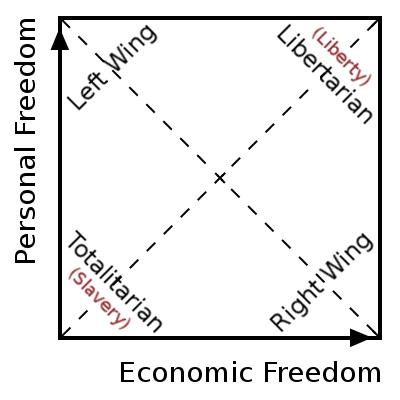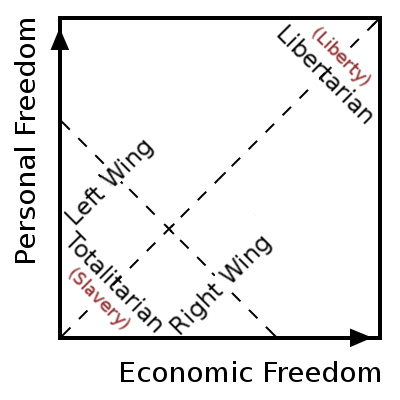 John R. Schindler
John R. Schindler
|
Subject: Fighting the Wrong Battles
A friend brought a recent blog post to my attention titled, Ideology is Making America Stupid. Written by John R. Schindler, a professor of national security affairs at the U.S. Naval War College, it argues that those on both the political left and right engage in pressing their personal ideologies — a process that he characterizes as: "the substitution of preset cliches over actual thought." Well, that statement gave me pause, as this is certainly not what ideology means to me. So off to the dictionaries I went. The Merriam-Webster online dictionary states:
For a rational individual, aspects of all three definitions describe what a personal ideology consists of and how it properly functions, being a systematic (i.e., integrated) body of knowledge used to guide one's thinking in relation to society, culture and sociopolitical ends. In other words, a rational ideology is merely a subset of a broader rational philosophy of life. However, this does not correspond to Schindler's usage. Further investigation at the online Dictionary.com yields this:
This less flattering definition seems closer to the author's meaning, where systematized knowledge is replaced by adherence to doctrine, myth and belief — what I would call a pseudo-ideology. And yes, it is easy to look around and find people who come to the majority of their positions through a process of osmosis devoid of any meaningful critical analysis. The ideology of a rational person is fact-based and always open to revision in light of new evidence. But for the person holding a pseudo-ideology, adherence to their world view is a precarious necessity since their unexamined identity has become equivalent to the ideology they have adopted. To change the latter would be to lose oneself — and people will fight tooth and nail to maintain their self-image. So when the author comments:
Given the second set of definitions, there is no reason to disagree. Schindler goes on to discuss U.S. foreign policy, but concludes:
But what about the more rational meaning of ideology? Even if the average American implicitly operates more on whim than reason, this is not an excuse to abandon the pursuit of a reality-based philosophy as a guide for one's actions. Dealing with issues in isolation (i.e., in an unintegrated manner) is extremely dangerous and is probably the single greatest cause for the world's troubles. To properly address most national or global issues, a well integrated and rational perspective is a necessity. Let's be careful not to abandon the very real need for a properly based ideological framework as we go about exposing pseudo-ideologies for what they are. As I was reading this article, another thought struck me regarding the author's identification of the differences in ideologies. I realized that a great majority of the debate occurring in this country takes place over polarizing issues between left and right. Whether we are discussing abortion, the death penalty, gay rights, property rights, guns, social equality, taxes, the environment, health care, entitlements, wealth redistribution, foreign aid, privacy, etc., the focus is usually centered around pragmatic, concrete concerns. Yet, something important is usually missing, just as it is missing from the discussion in Schindler's piece. Regardless of one's position on any of these specific issues, there is another underlying struggle running orthogonal to them all — the fight for individual freedom versus collective totalitarianism. In other words, the battle for liberty. I was immediately reminded of the chart that David Nolan constructed back in 1969 (left below), which integrates a perspective on both economic and personal freedom. This chart clearly demonstrates how the classical left-right tug-of-war has little to do with advancing towards greater freedom and, in fact, shows how focusing too much on standard political left-right issues can blind us to movement in the opposing direction. In 1969, it was commonly understood that the conservative Republicans were, in general, strong supporters of economic freedom while the liberal Democrats advocated for personal self-expression and choice. However, over the past four decades, the left-wing and right-wing designations have each shifted significantly towards the lower-left, moving ever closer towards the totalitarian position, as depicted in the revised chart to the right. Recent history shows that while people argue over their pet political left-right issues until each of them is ultimately decided, regardless of whether the specific outcomes are judged favorably or not, the bitter reality is that personal liberty is almost always further curtailed in the process. What becomes clear is that, in many cases, we are wasting precious resources and valuable time fighting the wrong battles. Of course, this is not to say that there are not important aspects affecting our liberty contained in every one of the left-right issues. The point is that while we focus on whether or not birth control should be mandated, or whether tax dollars should be used to bail out car companies, or whether common core is a good educational approach, or whether certain people should be allowed to marry, we are not directly focusing on our personal freedom. Why? Because personal freedom means autonomy and the ability to exercise control over one's own life. It means that the above questions, and many like them, are ones asked and answered in the privacy of one's own mind and are not subject to external debate, let alone government control. By engaging in these debates, we implicitly grant that the answers are up to others to decide for us. What we must do is stop looking to our left or right and instead look forward towards our goal located in the upper-right corner of the chart. We need to stop playing the politicians' game where they are the ones allowed to define the issues. Instead, we must adopt the other axis and reframe the debate in clear liberty-versus-slavery terms, making the choice clear through our own examples. It is time to set rather than follow the agenda. In other words, it is time to directly assert our liberty ideology in uncompromising terms. |
Please add me to the list to be notified of updates to this site.
(Very low volume)
Click here for a list of favorite past articles.

 Click on image to take
Click on image to takeThe John Galt Pledge
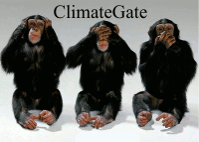
Click on image to read
Climategate in Review
national debt
(Over 100% of GDP) ($53,249 per person)
($138,788 per family)
2012 Interest on Debt
$474 Billion/Year
($4,173 per family)
The 2013 Budget
$3,803,000,000,000 Proj. 2013 Deficit
$901 Billion (5.5% of GDP)
(Debt > $17.5 Trillion)
(Congress is a Joke!)
 Deficits by Year
Deficits by Year(Click for larger view)
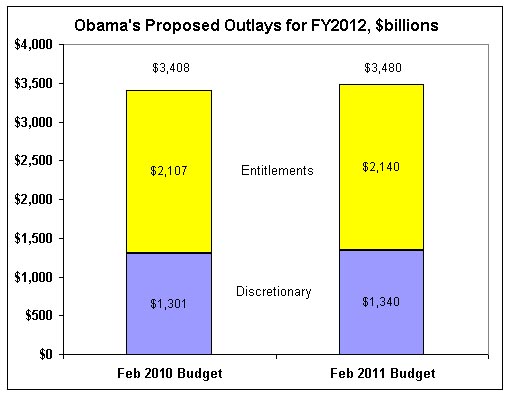 Obama's 2012 Budget
Obama's 2012 Budget(Click for details)
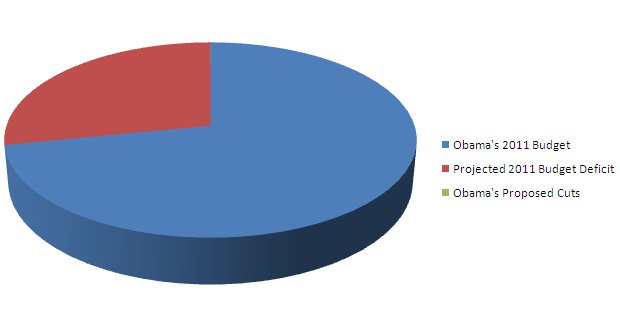 Obama's Budget Cuts
Obama's Budget Cuts(Click for details)
Visualize $1 Billion
Visualize $1 Trillion
Visualize $16 Trillion
Visualize the Debt
Visualize the Budget
The U.S. Tax System Explained in Beer
